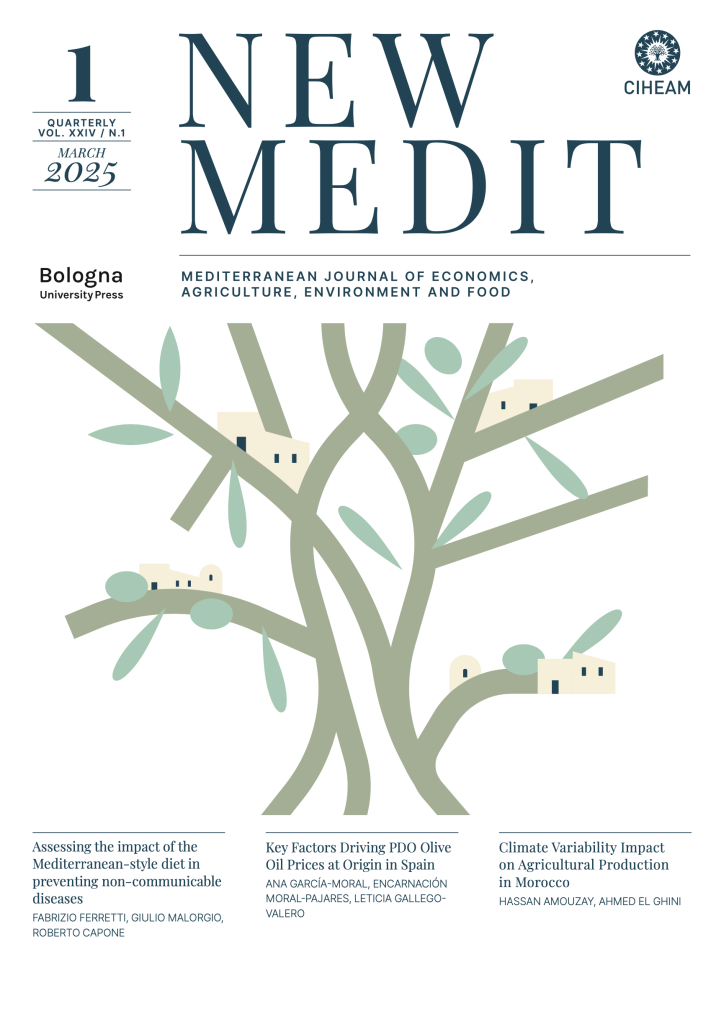Abstract
The Sustainable Development Goals (SDGs) represent a commitment to sustainability through innovation, sustainable economic growth and the diversification of economic activities. The social economy and the revaluation of rural heritage play a fundamental role in implementing and progressing towards these goals, especially in agri-food cooperatives. In the case of the Spanish olive oil industry, a substantial percentage of the business in olive oil producing areas revolves around the social economy: 70% of the olive oil produced in Spain is made by cooperatives. For these cooperatives, the implementation of the SDGs offers them a potential tool for sustainable development, diversification and the economic growth of their businesses. This article focuses on analysing the relative importance of the SDGs in the olive oil cooperative sector in Andalusia, using the Qualitative Comparative Analysis (QCA) technique and applying the fuzzy-set approach (fsQCA) to the tenets of the SDGs. Lastly, causal models have been established, the practical implications of which centre on the implementation and development of the SDGs as a means of achieving the sustainable economic growth of these enterprises. The main findings of this study suggest that the sustainable development goals on which the cooperative societies analyzed are focused, in addition to producing olive oil, promote values linked to food security, sustainability, the showcasing of heritage, and gender equality.











